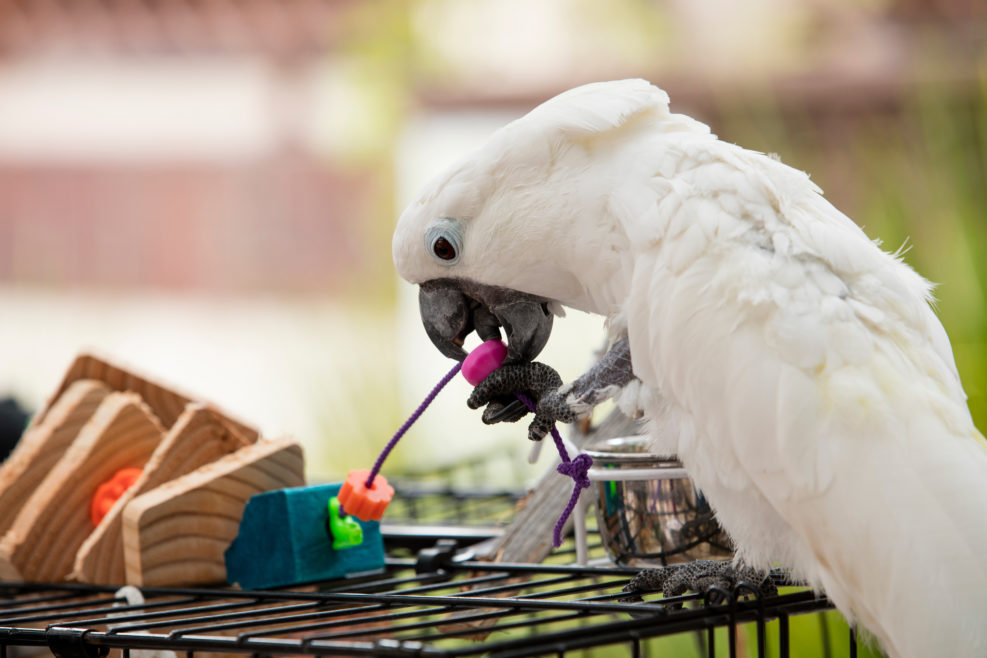
The Remarkable Things We’re Learning About Bird Intelligence
These findings are only among birds that have actually been studied; most birds have not been studied for intelligenceAt one time, there was an assumption — not really a theory — that vertebrates would be more intelligent than invertebrates and mammals would be more intelligent than birds. Well along came the octopus, which turns out to be as intelligent as a typical mammal. And the New Zealand crow, which can be as smart as an ape. These life forms have significantly different brains from each other so intelligence does not appear to reside in a specific organization of the brain. While researchers puzzle that out, let’s look at some recent findings as to what the bird (avian) brain can do. We are looking at behaviors that probably require some individual intelligence, not just an inherited program: ● Cockatoos Read More ›

